Sequence Understanding Worksheets for Ages 5-7
7 filtered results
-
From - To
Introducing our Sequence Understanding Worksheets, designed specifically for ages 5-7! These engaging and educational worksheets are perfect for developing young learners' ability to recognize patterns, sequences, and logical order. Each exercise is thoughtfully crafted to enhance critical thinking and boost problem-solving skills. With fun and colorful themes, children will enjoy learning essential concepts as they navigate through easy-to-follow activities. Our worksheets are ideal for both classroom and at-home learning, offering parents and educators a valuable resource to support early learning success. Unlock your child's potential with our Sequence Understanding Worksheets today!
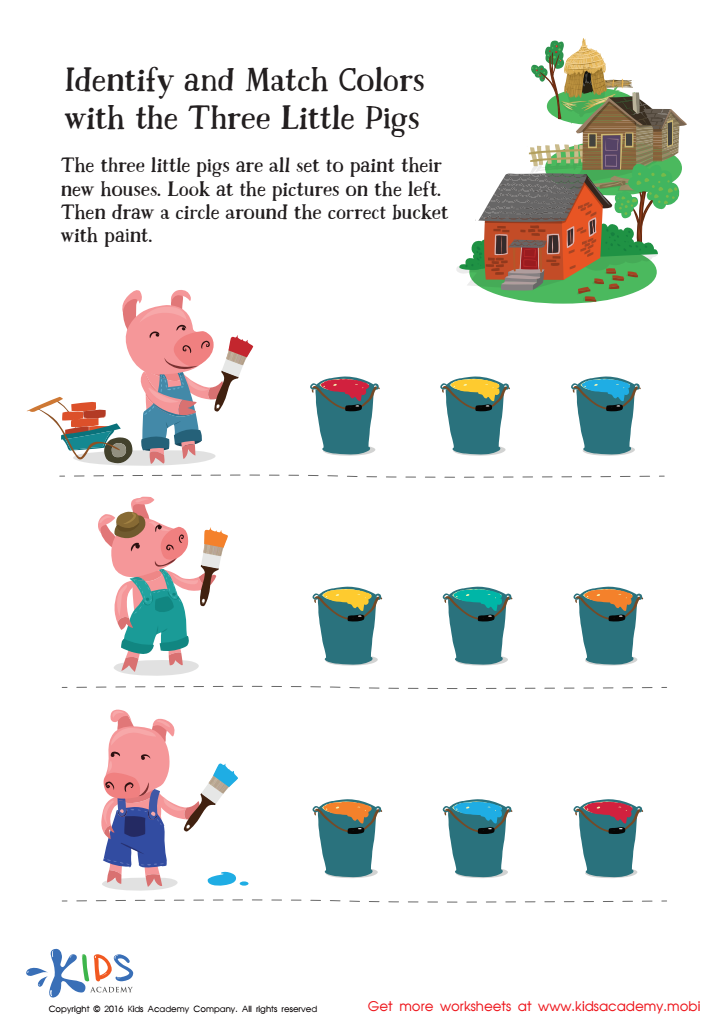

Fairy Tale Worksheet: Identify and Match Colors with Three Little Pigs
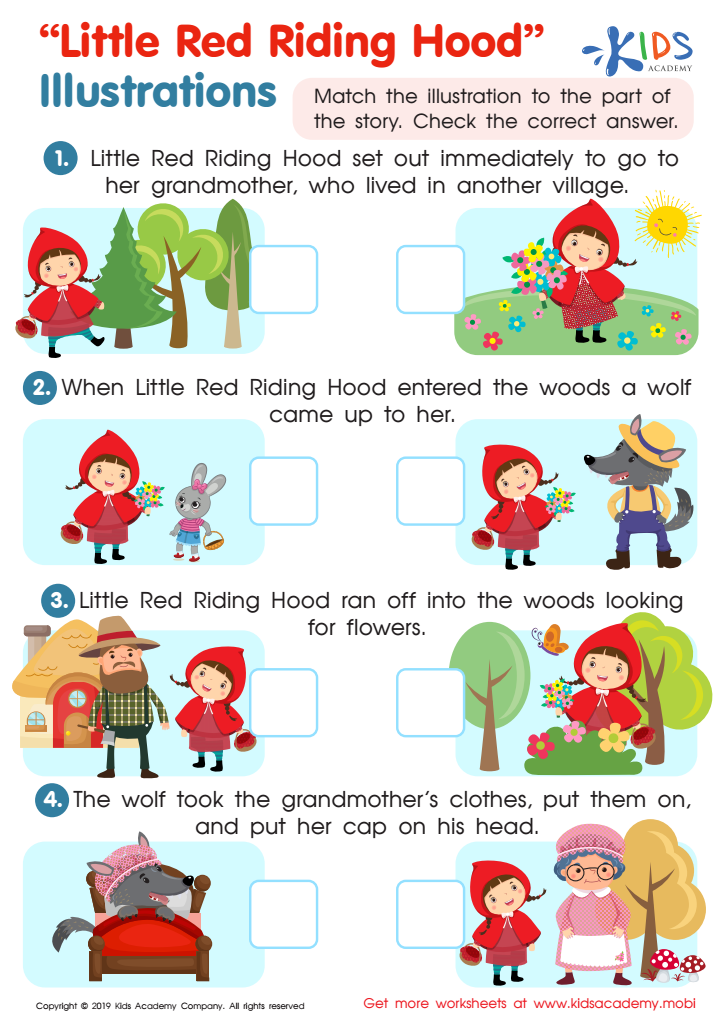

Little Red Riding Hood: Illustrations Worksheet
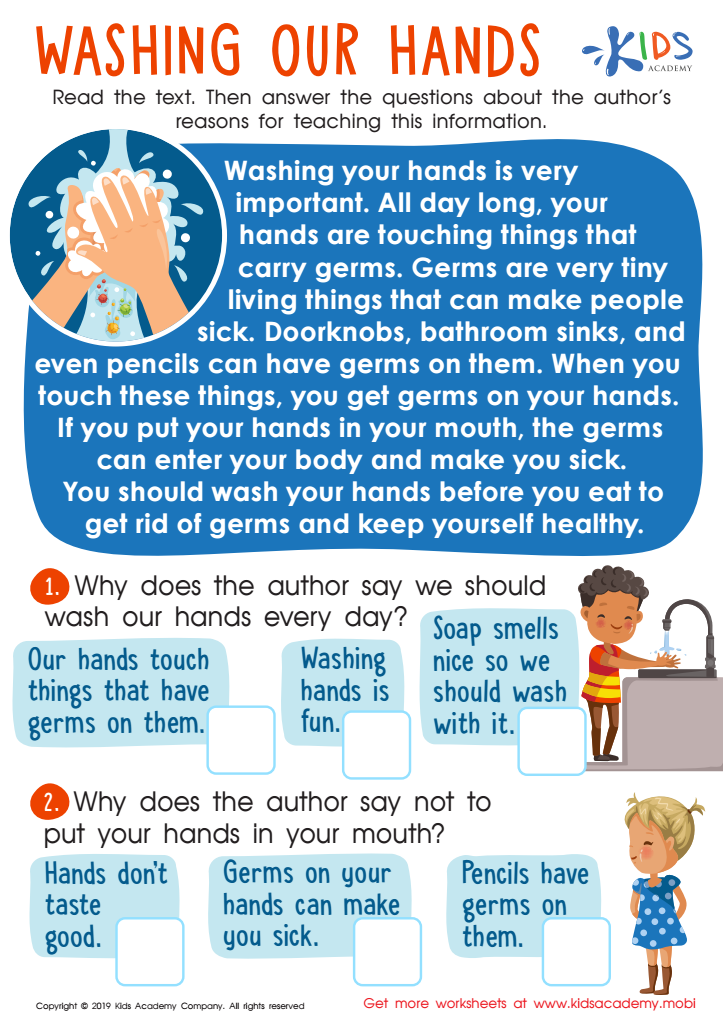

Washing Our Hands Worksheet


Alien Worksheet


The Five Little Monkeys Nursery Rhyme Worksheet
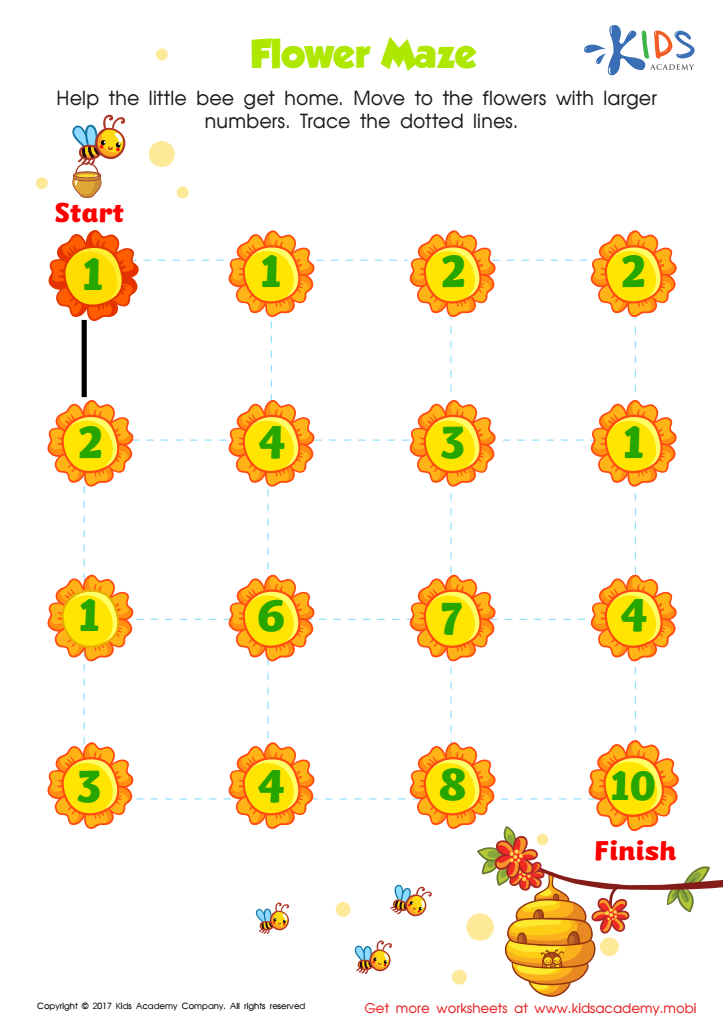

Number Maze For Kindergarten Printable
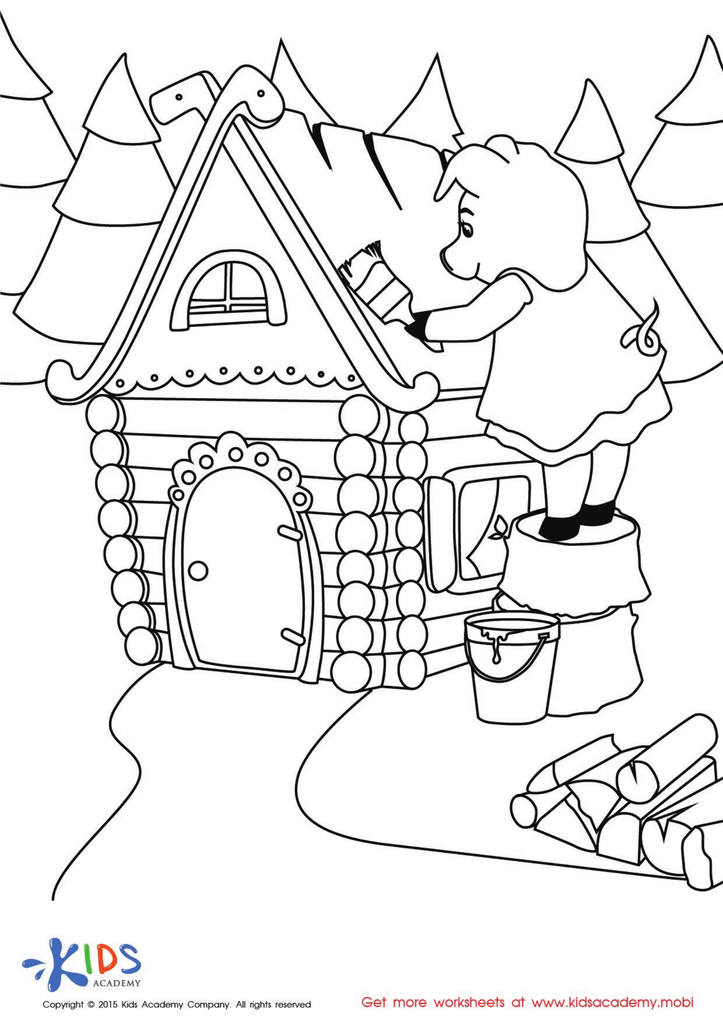

The Three Little Pigs Worksheet
Sequence understanding is crucial for children aged 5-7 as it forms the foundation for a wide range of essential skills. Firstly, it plays a vital role in early literacy. Recognizing the order of letters in a word, the sequence of words in a sentence, and the order of events in a story are fundamental skills required for reading and comprehension. Without a grasp of sequencing, children may struggle with understanding how stories unfold or how sentences make meaning.
In mathematics, sequencing helps children understand patterns, numbers, and the concept of before and after, which are vital for learning to count, perform basic arithmetic operations, and grasping the logical order of math problems.
On a broader scale, sequencing helps children develop critical thinking and problem-solving skills. By understanding the order of events, they can learn to predict outcomes, make plans, and follow logical steps to complete tasks.
Socially and emotionally, sequencing aids in developing routines and understanding social narratives, such as understanding daily schedules or the steps in resolving conflicts.
Supporting children in developing sequence understanding not only enhances academic skills but also fosters cognitive and social development, setting a strong foundation for lifelong learning and everyday functioning. Hence, parents and teachers should emphasize activities that support sequencing skills, such as storytelling, sorting games, and sequencing tasks.
 Assign to My Students
Assign to My Students










.jpg)










